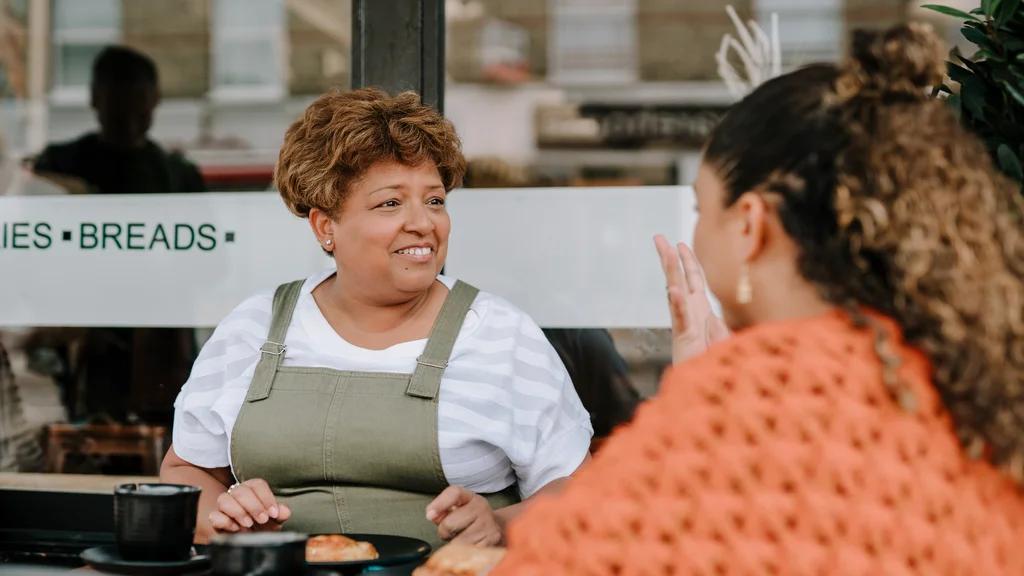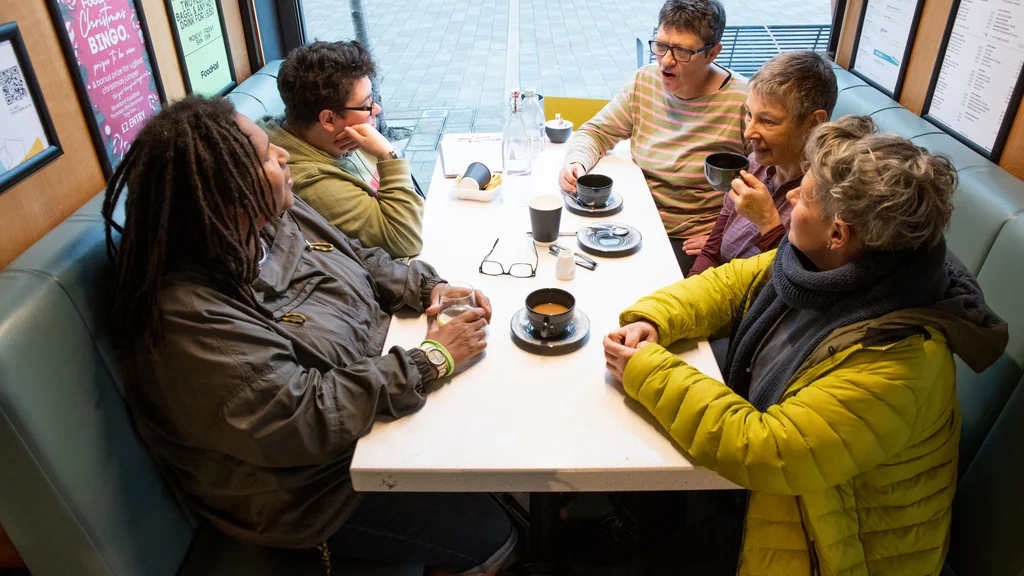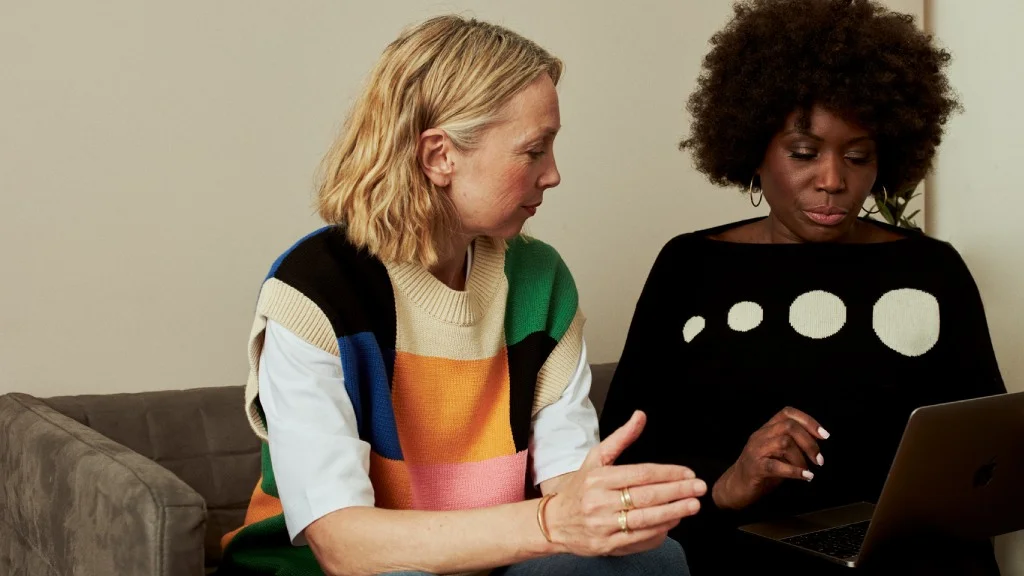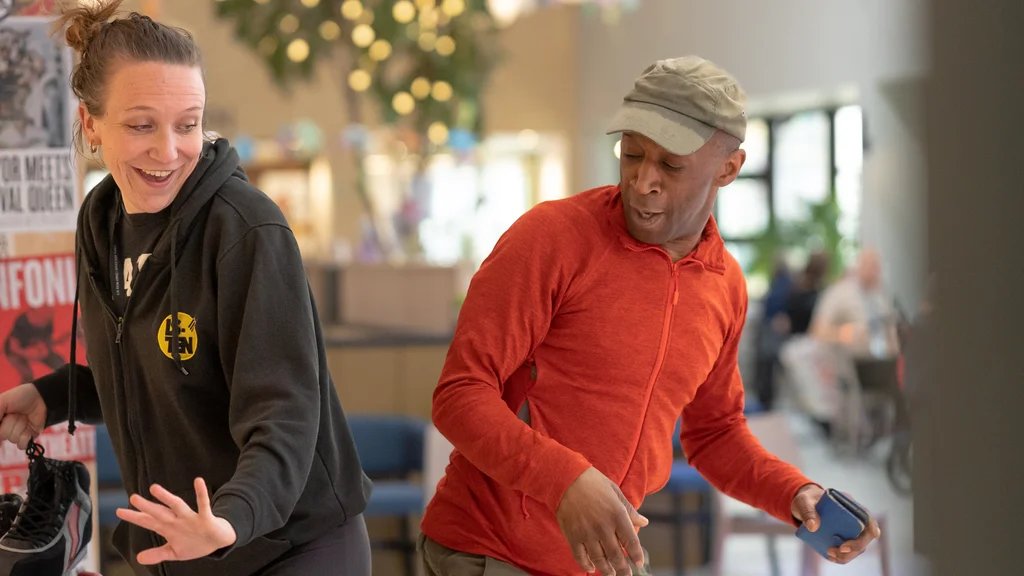Why are conversations important?
Ageism is so ingrained in society that we barely notice it. Having a conversation about ageism can be first step to creating change and challenging negative ideas about ageing and older people.
Whether you speak with family and friends, start a conversation with people in your community or discuss it at work, when more of us talk about ageism, more of us are aware of it, and the less people will experience being treated negatively because of their age.
Read our tips for having a conversation about ageism below.
To talk about ageism, we first need to notice how it shows up in our lives.
- In conversations: People being spoken down to or patronised, along with assumptions about various aspects of life - such as what older individuals should wear, do, or how they should live.
- In social situations or online: Negative comments about ageing and older people like ‘too old for this’ or ‘act your age’ are normalised or dismissed as harmless banter.
- In comments we make about ourselves: ‘I’m having a senior moment’ or ‘I couldn't wear that at my age’.
- At work: People applying for jobs but being turned down because of their age, or older workers not receiving the same opportunities for development and training as younger colleagues.
- In health: Dismissing a health issue as being a normal part of ageing rather than seeking help. Not doing exercise for fear of being negatively judged.
- In the media: Older people not featuring in films or adverts or reduced to negative stereotypes such as being frail, vulnerable or forgetful.
You can learn more about ageism and how it shows up here.
We know it can feel difficult to have the confidence to talk about ageism without having some facts up your sleeve. Here are a few to get you started:
- Nearly two thirds of people reported being treated or spoken to negatively because of their age since turning 50.
- More than half of people over 50 have faced the assumption they can’t do something because of their age.
Find more facts about ageism here.
The more we all talk about ageism, the more we start to create change. Make talking about age and how we're treated because of our age commonplace with these conversation starters:
- How do you feel about the ways older people are portrayed in the news?
- How often do you see older people in advertising? What products are being advertised and are they only aimed at older people?
- How do you feel about telling people your age?
Ageism often shows up in casual jokes and comments which are based on assumptions and stereotypes. If you hear or see something ageist, you could:
- Ask the person to explain the ageist joke to you, helping them reflect on their words and see the stereotype behind the punchline
- Question if someone’s age is relevant to the comment made, such as if someone says, ‘you look good, for your age!’
If you are comfortable, sharing your own experiences of ageism or the moments you’ve noticed others be affected by it can make the conversation more relatable and impactful.
You could also share the personal experiences of our campaign storytellers with others.



